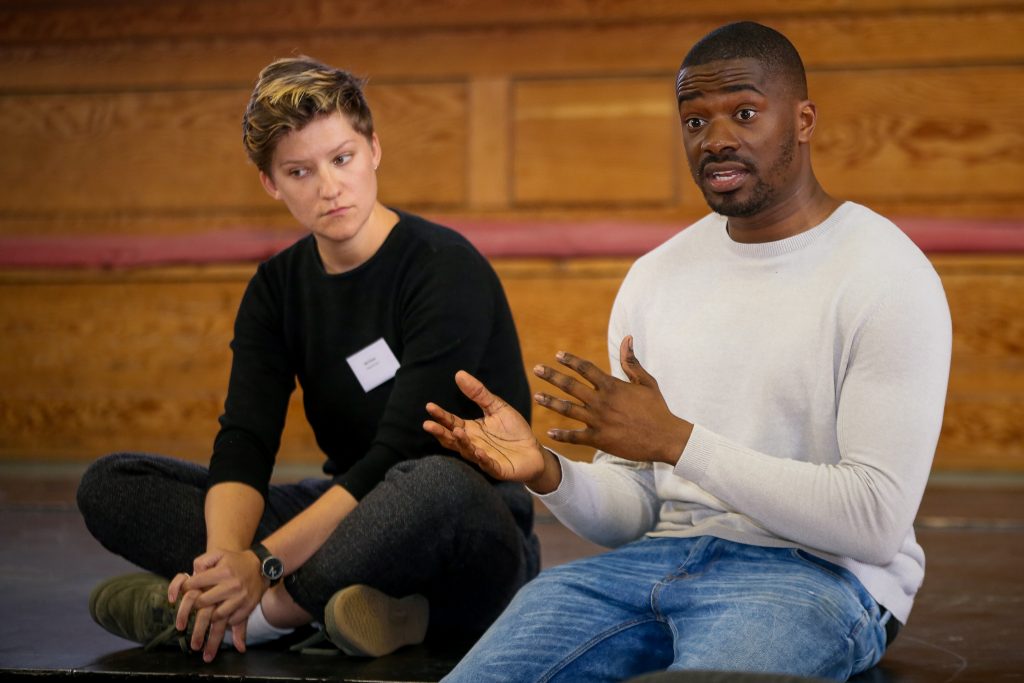Arts Council England’s report, Equality, Diversity and the Creative Case, published on 15 January marks a milestone in the drive to establish socio-economic background as a key criteria for measuring sector diversity.
The report highlights ACE’s commitment to conducting research and policy developments around socio-economic demographics and barriers facing artists, new and developing talent, staff, leaders, audiences and participants.
Weston Jerwood Creative Bursaries programme director Kate Danielson said:
“Diversity is absolutely fundamental to the continued success of UK art and culture – whether it is diversity of artists, audiences or those working for arts organisations. Many of the report’s findings about diversity in the sector made depressing reading. However, we very much welcome ACE’s public statement about the importance of considering socio-economic background as a criteria for sector diversity alongside the established criteria of ethnicity, disability and gender.
Our own work with graduates from low income backgrounds entering the workforce shows the significant benefits that widening participation brings, both for them and the organisations that work with them, when barriers preventing their participation involvement in the arts are reduced or removed. ACE’s latest diversity report is an important step forward in helping the sector realise these benefits.”
Jerwood Poetry Fellow, Jackie Hagan commented:
“I’m happy that work is being done. Although the report is bound by the Equality Act to consider race, gender, disability, I feel that a lot more could be done on class, which throws up massive barriers to participation in the arts, as audience members let alone as performers. I feel that for me personally, class has been a greater barrier than disability and gender. It’s good to see that data is being collected on socio-economic background, though it’s not nearly enough. I think to tackle class we must first realise that it not just an issue of money, but also of attitudes about class; the idea that if people try hard enough, they will stop being working class. We need to recognise that being working class is an important part of people’s identity and that we do not necessarily want to become middle class – we just want to have a fair chance.”
